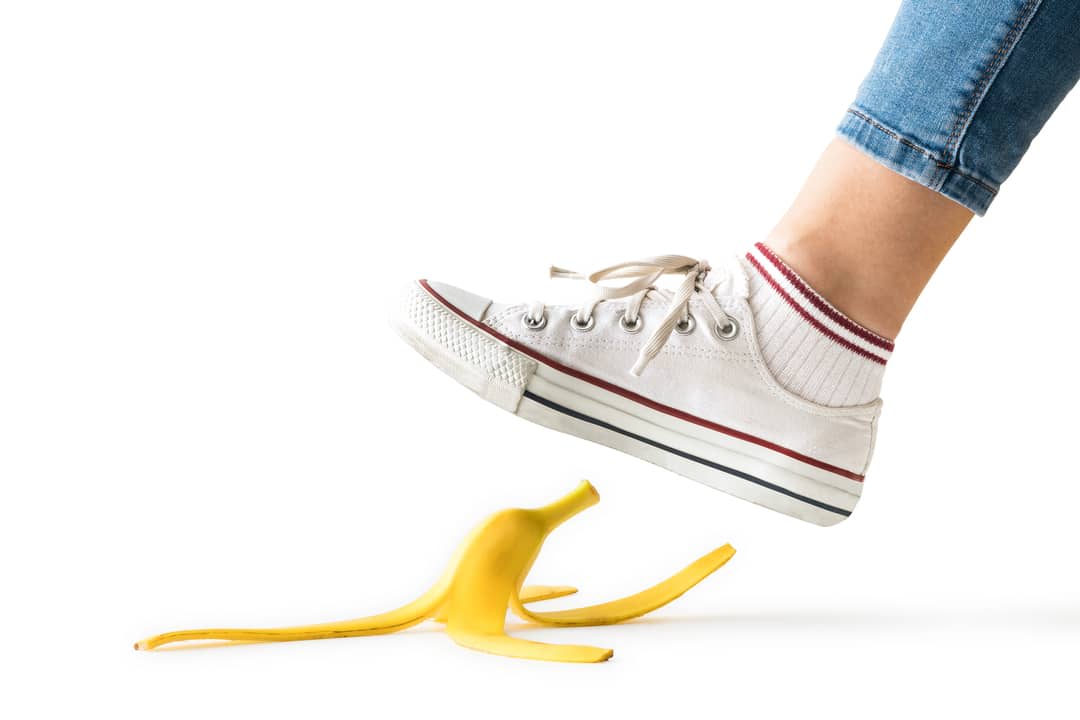
As I was preparing my coffee one morning, I was rubbing my jaw, trying in vain to work out the tension that had built overnight from a serious teeth-grinding workout.
Hi! I’m Stressed, nice to meet you!
The day before, I had a meeting with my PhD supervisors, and we agreed that I should apply for an extension on my thesis submission. The submission date was looming, and I had been staunchly ignoring the bubbling magma of terror that was slowly rising within me the past few months.
Sure, doing a PhD is stressful. That’s a given, no argument there. But I was noticing that the thing I was calling “PhD stress” had been quietly morphing into something closer to panic. Ah, hello old friend.
Me and Panic go way back. We were formally introduced 15 years ago when I had my first full-blown panic attack, and we’ve known each other ever since.
To be honest, she’s a bit of an asshole. One of her favourite pastimes is to pop by when I’m in the midst of a record-breaking life-juggling act, and lovingly put a megaphone up to the critical voices in my head that are saying: “You’re doing that wrong.”
She has a tendency to shape-shift, so sometimes it takes me a while to notice when she’s shown up. But that morning, over coffee and a self-administered jaw massage, I noticed the tell-tale trail of banana peels she likes to leave throughout the corridors of my mental house.

I started wondering what invitation I had sent out that inspired her to come back to town. I was checking in with loved ones regularly, eating pretty well, avoiding alcohol, and going for long walks each day.
Since when did she respond to that? But then, like a tension headache, it hit me: I’m really bad at self-validation.
I was focusing so much on doing things right in my external world that I had gotten completely off-track in my internal world.
I noticed one pattern in particular: I felt good about myself when I received overtly positive feedback from external sources, but only when that positive feedback aligned with what I felt I deserved.
When the single source of validation was me, or when I felt like I didn’t deserve the external feedback I was receiving, I felt bad. It’s like the mental equivalent of cross-validation; I needed multiple models to come to a similar positive conclusion about me in order to feel OK.
For months without realising it, I had been telling myself that I wasn’t smart enough or creative enough or hard-working enough; I wasn’t good enough to finish this PhD.
As humans, this makes a lot of sense. We’re social animals, and being positively regarded by our friends, family and mentors is as important as, and even contributes to, our physical health. But when external validation is the main source of positive self-regard...Well, that’s when we end up in the hot seat. And that’s where I found myself.
I realised that, due to heightened self-criticism, there was actually no way for me to feel OK without the help of others, and when I felt I didn’t deserve positive feedback, those self-criticisms got even louder and meaner.
For months without realising it, I had been telling myself that I wasn’t smart enough or creative enough or hard-working enough; I wasn’t good enough to finish this PhD.
In a brain that relies on cross-validation as its main mode of understanding self, how could I expect to hold myself up when things got hard?
So I made a decision. I would notice self-critical thoughts, and I would check them. I would test the underlying assumptions and see if they held up under the harsh light of objectivity.
I would self-correct when criticisms were too harsh, and I would find ways to improve myself when criticisms maybe kind of had a point.
This kind of self-assessment is an aspect of cognitive behavioural therapy (CBT) that I learned when I first started seeking support from psychologists 15 years ago.
I’ve learned a lot over the years, and while I’m still thwarted by the occasional metaphorical banana peel, one of the most important things I’ve learned is that we can be our own worst enemy, or our own best friend.
It’s easier to be your own enemy, but life is immeasurably better when you actively choose, day in and day out, to be your own best friend.
So I drank my coffee and began rekindling my friendship with myself, and before long, sweet old Panic humbly set about picking up the banana peels she’d scattered before quietly showing herself out.





